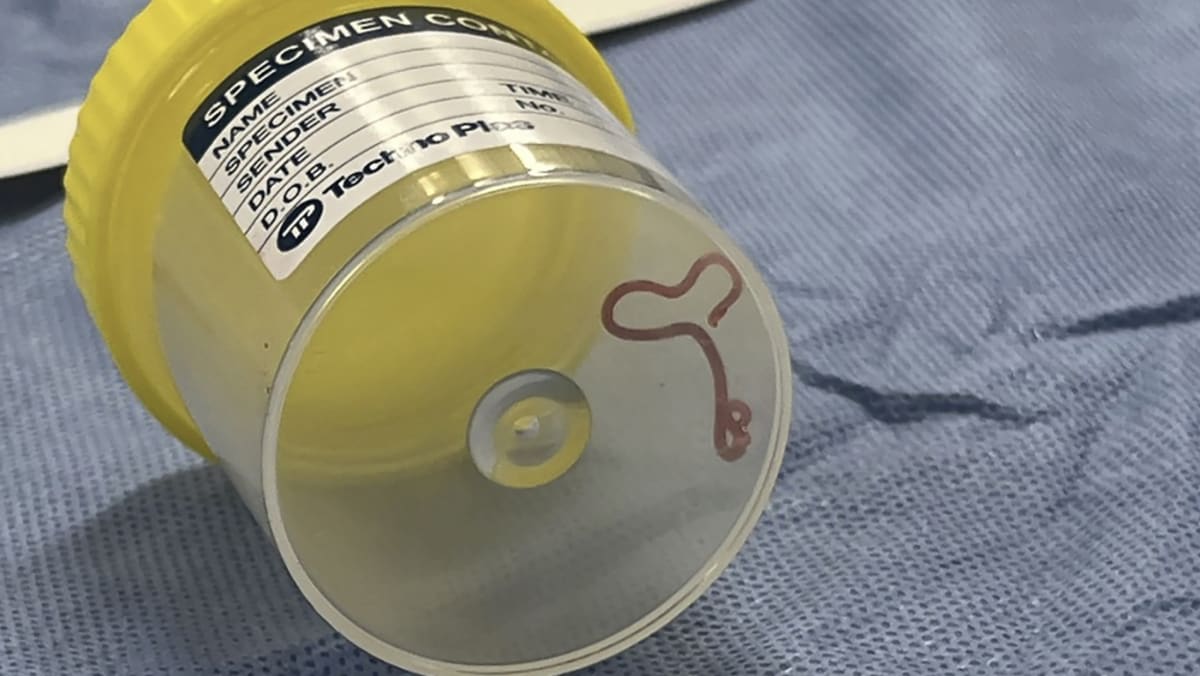Infection
Commentary: Brain worms are rare – but other forms of parasitic infection are common
TAPEWORMS AND AMOEBAS
Tapeworms can infect different parts of the body including the brain. This is called neurocysticercosis and is the leading cause of epilepsy worldwide.
Neurocysticercosis is uncommon in the Western world and infection is usually via eating pork that is uncooked or prepared by someone who is infected with tapeworm (Taenia solium). It is more likely in locations where pigs have contact with human faeces via sewerage or waterways.
Tapeworm larvae can infect muscle and soft tissue. Brain tissue can provide a home for larvae because it is soft and easy to get to via blood vessels. Brain infection can cause headaches, dizziness, seizures, cognitive impairment and even dementia, due to an increase in cerebral spinal fluid pressure.
Naegleria fowleri is an amoeba found in lakes, rivers and springs in warm climates including in Australia. People swimming in infected waters can have the parasite enter their body through the nose. It then travels to the brain and destroys brain tissue. The condition is almost always fatal.
4 WAYS TO AVOID PARASITIC INFECTION
That all sounds very scary. And we know being infected by a snake parasite is very rare – finding one alive in someone’s brain is even rarer. But parasites are all around us. To minimise your risk of infection you can:
1. Avoid undercooked or raw pork. Freezing meat first may reduce risks (though home freezers may not get cold enough) and it must be cooked to a high internal temperature. Avoid pork if you are travelling in places with poor sanitation.
2. Avoid jumping or diving into warm fresh bodies of water, especially if they are known to carry Naegleria fowleri. Although only a handful of cases are reported each year, you should assume it’s present.
3. Practise good hand hygiene to reduce the risk of rare and common infections. That means washing hands thoroughly and often, using soap, scrubbing for at least 20 seconds, rinsing and drying well. Clip and clean under fingernails regularly.
4. Avoid soil-borne parasites wear shoes outside, especially in rural and remote regions, wash shoes and leave them outside.
Vincent Ho is an associate professor and clinical academic gastroenterologist at Western Sydney. University. This commentary first appeared on The Conversation.

